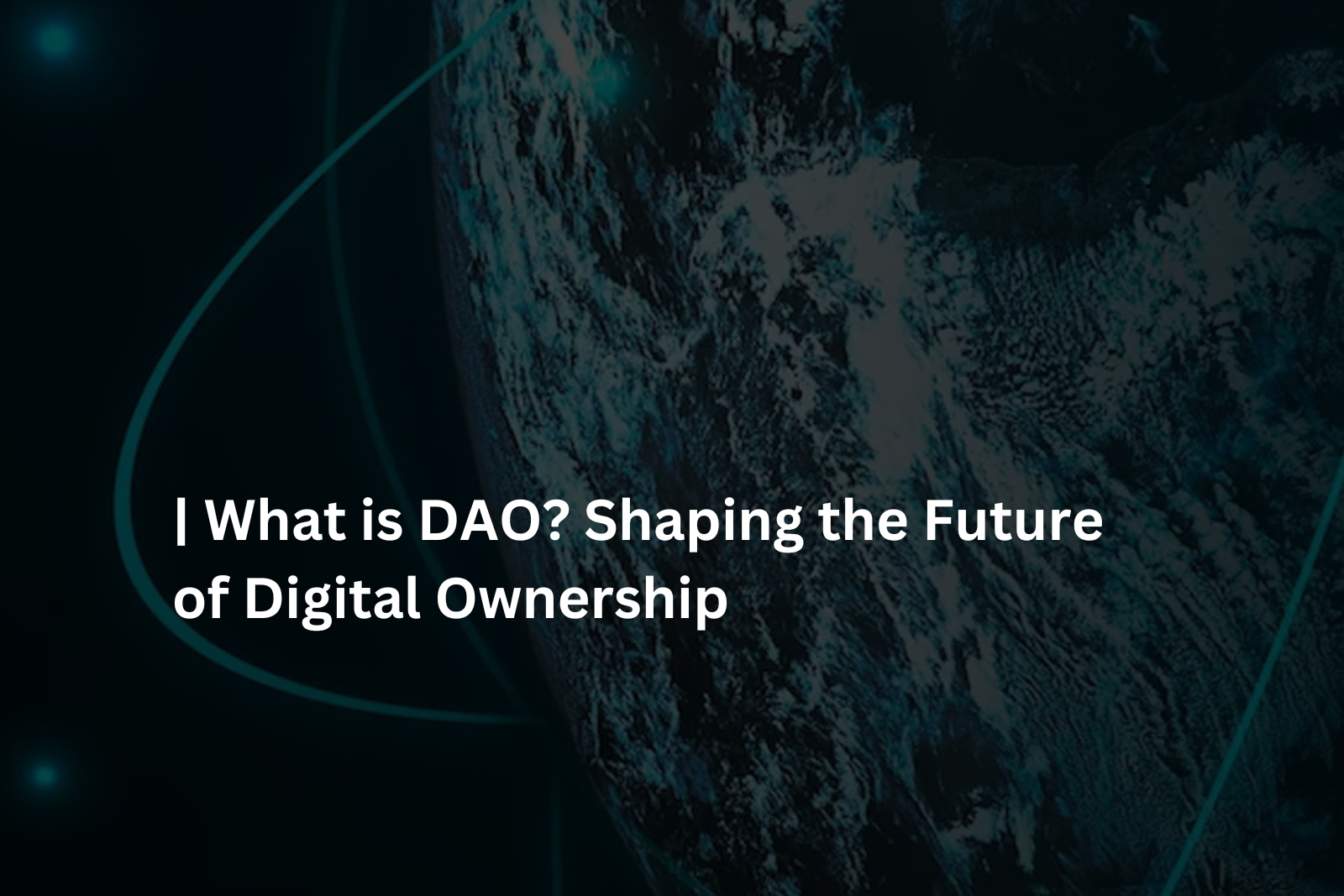
As digital technologies reshape industries, Decentralized Autonomous Organizations (DAOs) are emerging as a groundbreaking innovation. But what is DAO?
Operating without central authority, DAOs are transforming how digital assets are owned, governed, and exchanged.
Leveraging blockchain technology, DAOs offer a decentralized, transparent, and community-driven framework for digital ownership. In this article, we explore the vital role DAOs play in shaping the future of digital asset management and how they are transforming the way we think about value and control in the digital space.
What is DAO
A DAO (Decentralized Autonomous Organization) is a digital entity that operates autonomously through smart contracts on a blockchain network. Unlike traditional organizations that depend on centralized control, DAOs are managed by their members who make decisions through decentralized voting. This ensures transparency and community-driven governance in all actions, from funding to governance.
Through tokens used as voting mechanisms, DAOs empower members to participate in key decisions, giving individuals more control over their digital assets and online presence, and fundamentally changing the concept of digital ownership. With DAOs, digital assets are governed by a decentralized community rather than third-party platforms.
How DAOs Are Transforming Digital Ownership
Digital ownership refers to the ability to control, manage, and transfer assets in the online landscape, including digital art, virtual real estate, and intellectual property. DAOs are reshaping how digital ownership operates by offering a decentralized model where individuals—not centralized institutions—can manage their assets.
In traditional models, third-party platforms often have control over assets. DAOs, however, offer an alternative, where ownership is managed by community members and secured through blockchain technology. This new way of managing digital assets is especially evident in the growing market for Non-Fungible Tokens (NFTs) and other blockchain-based assets.
DAOs and the Democratization of Digital Asset Ownership
One of the key advantages of DAOs is their ability to democratize digital ownership, allowing people to access valuable assets that were once out of reach. For example, a DAO could enable a group of individuals to co-own rare digital assets like NFT art, creating a fractional ownership model. This approach allows more people to invest in high-value assets while giving everyone a voice in governance.
Additionally, DAOs give smaller stakeholders a stronger voice in digital marketplaces, challenging the traditional models where centralized entities control pricing and asset management. By promoting community control, DAOs foster a more inclusive and transparent environment for creators, investors, and collectors.
Smart Contracts: The Key to Efficient Digital Ownership
Smart contracts—self-executing contracts with terms directly written into blockchain code—are essential for the operation of DAOs. These contracts automate various digital ownership processes, such as asset transfers, royalty payments, and licensing agreements, eliminating the need for intermediaries.
In the NFT market, smart contracts facilitate automatic asset transfers when pre-defined conditions are met. This ensures secure, transparent, and tamper-proof transactions, making digital exchanges more efficient. Moreover, creators benefit from smart contracts by receiving automatic royalties whenever their work is resold, giving them full control over their intellectual property.
DAOs and the Future of Intellectual Property (IP)
DAOs are transforming how intellectual property (IP) is managed. Traditional IP systems rely on centralized organizations to manage and enforce rights. In contrast, DAOs provide a transparent, direct approach, empowering creators—whether they are musicians, artists, or developers—to control the licensing and distribution of their work without relying on intermediaries.
By utilizing blockchain and DAOs, creators can ensure fair compensation for their work while maintaining full control over how it is monetized and used. This shift is revolutionizing IP management in industries like music, gaming, and entertainment, providing a more equitable and transparent solution.
The Broader Impact of DAOs on Digital Ownership
DAOs are not only reshaping ownership but are also transforming entire industries. In sectors such as gaming, virtual real estate, and content creation, DAOs provide new ways for users to participate in governance and manage digital assets. Whether managing virtual land in a metaverse, co-owning in-game assets, or determining the future of digital art, DAOs are driving change in how digital ownership works.
As digital assets grow in significance, DAOs will play an increasingly vital role in governance. Their decentralized, transparent, and automated nature will help create a more inclusive and fair digital economy.
DAOs and the Future of Digital Ownership
DAOs are revolutionizing digital ownership by eliminating centralized control and enabling community-driven governance. With the power of blockchain technology, smart contracts, and collective decision-making, DAOs are giving individuals more control over their digital assets and online presence.
As DAOs evolve, their influence will extend beyond NFTs and digital art into intellectual property and virtual real estate. By offering a decentralized and equitable framework, DAOs are set to transform the way we interact with and manage digital assets, creating a transparent, fair, and inclusive future for all in the digital economy.

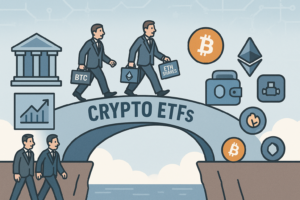


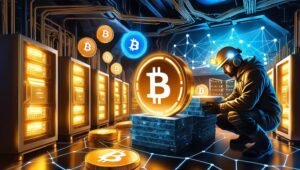


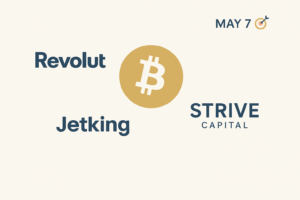
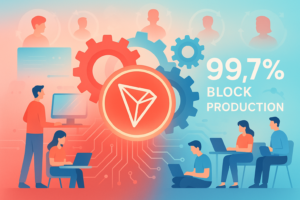




Thanks for sharing. I read many of your blog posts, cool, your blog is very good. https://accounts.binance.com/da-DK/register?ref=V3MG69RO
Your point of view caught my eye and was very interesting. Thanks. I have a question for you. https://www.binance.info/es-MX/register?ref=GJY4VW8W
Your article helped me a lot, is there any more related content? Thanks! https://www.binance.com/fr-AF/register?ref=JHQQKNKN